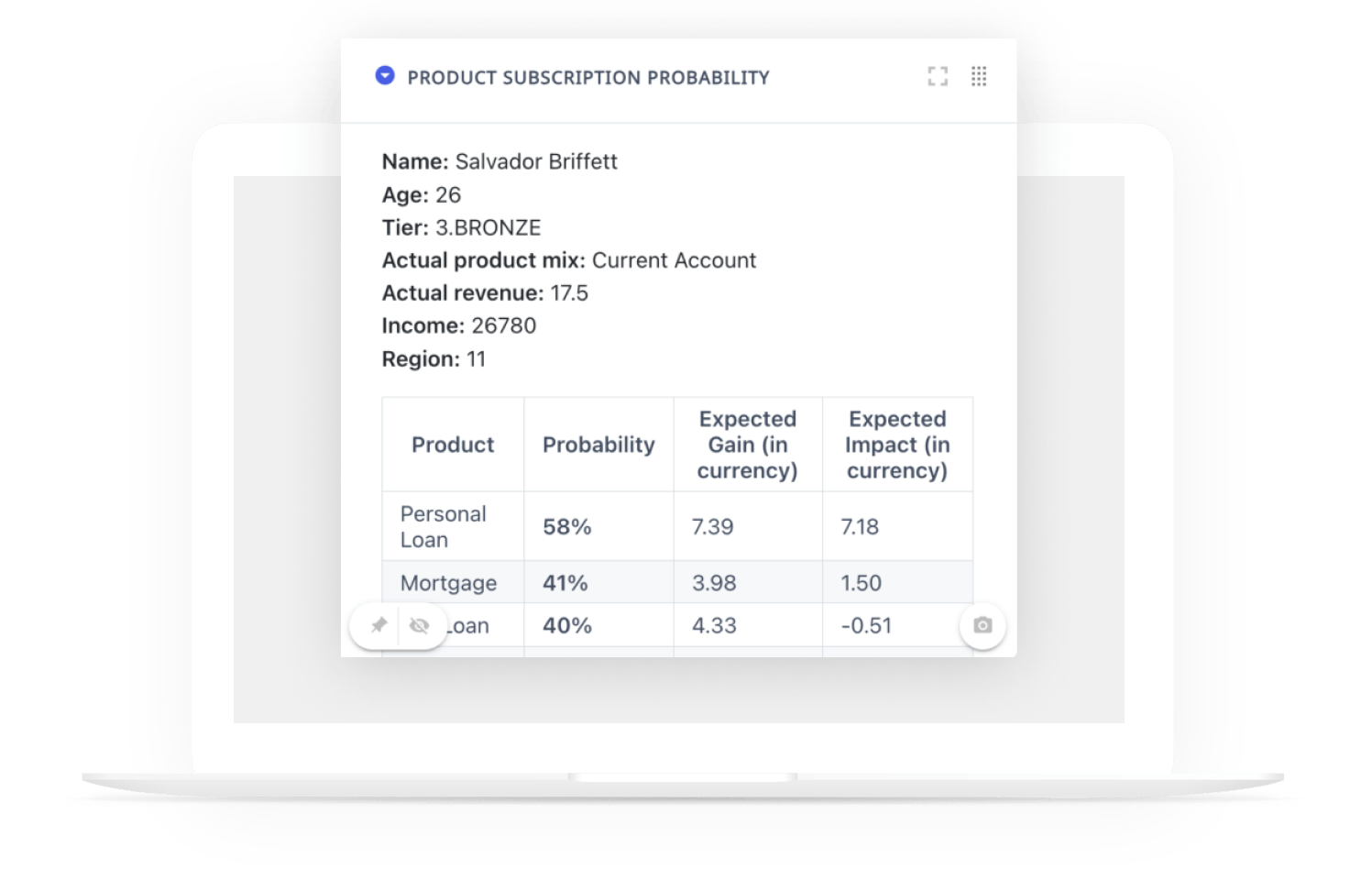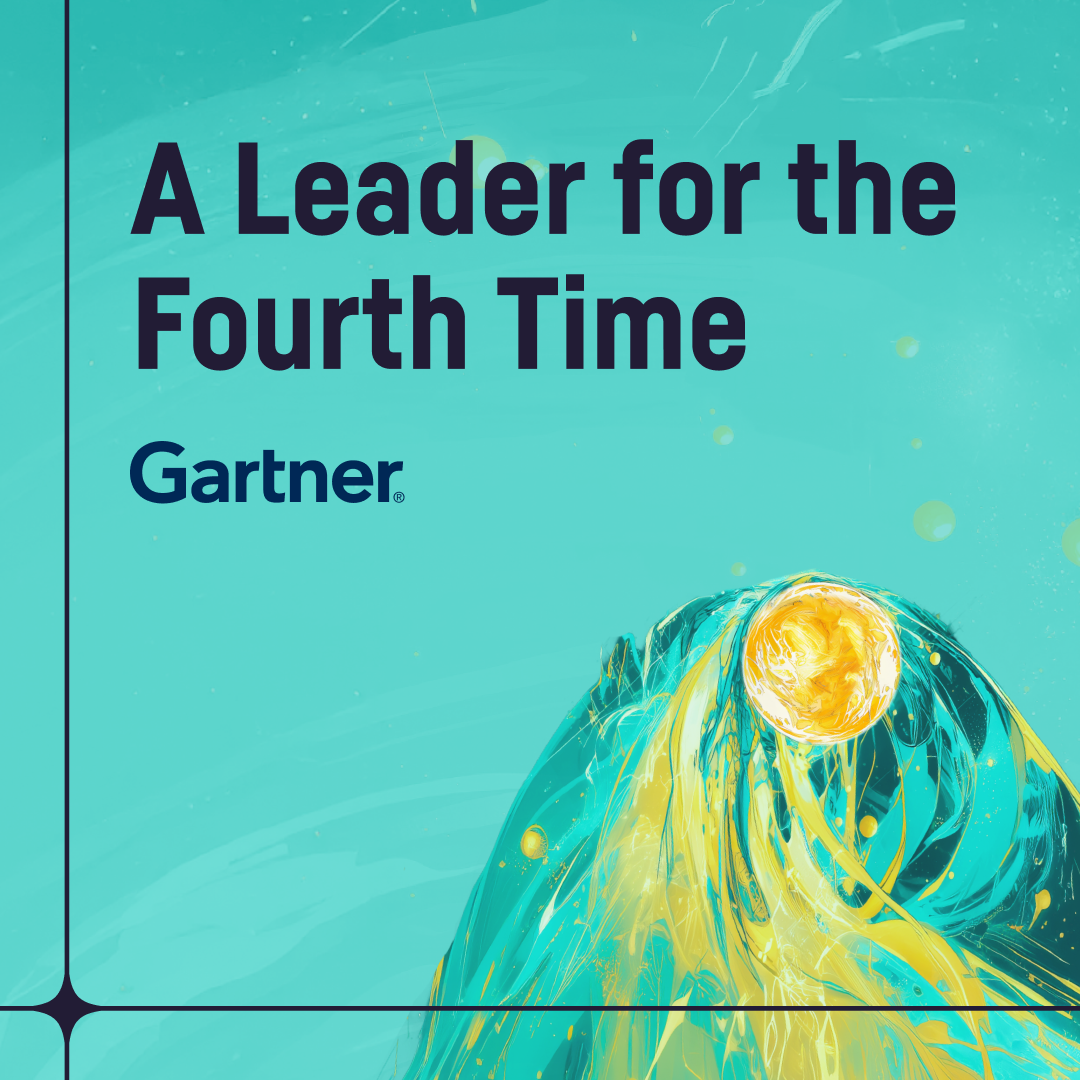Dataiku Customer Stories
Read our stories to learn more about key Dataiku use cases, industries, values and customers.
{{post.filters_overview_title_text}}
{{post.title.rendered}}
{{post.date_text}}
{{post.type_text['name']}}, {{post.type_geo['name']}}
Learn More{{popupData.title}}
Stay Informed about Dataiku
Sign up for our newsletter and get monthly updates on everything that happens at Dataiku: new content, product updates, upcoming events and everything the Dataiku team has done so far!
Register Now



